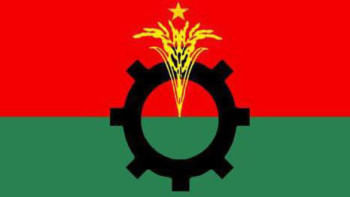India's central bank cuts key rate
In a surprise move, the Reserve Bank of India yesterday cut the benchmark interest rate by 25 basis points to 6.25 percent on expectation of inflation staying within its target range.
The move is expected to boost a slowing economy by lowering the cost of borrowing from banks by individuals and the corporate sector.
The central bank also changed its monetary policy stance to “neutral” from the earlier “calibrated tightening”, signalling further softening on its approach towards interest rates.
The benchmark interest rate is the key interest rate at which the RBI lends short-term funds to commercial banks.
In the first policy review under new RBI Governor Shaktikanta Das, the six-member Monetary Policy Committee (MPC) voted 4-2 in favour of the rate cut, while the decision to change policy stance was unanimous.
The RBI cut its estimates on headline inflation for the next year and expects the number to come at 2.8 percent in the March quarter and 3.2-3.4 percent in the first half of the next fiscal year, which begins on April 1.
India's headline inflation is projected to remain soft in the near term, reflecting the current low level of inflation and the benign food inflation outlook, the MPC said.
“We need to be watchful of vegetable prices, oil prices, trade tensions, health and education inflation, financial market volatility and monsoon outcomes."
The rate cut is in consonance with achieving the medium term objective of maintaining inflation at 4 percent level while supporting growth, the MPC said.
The RBI projected India's economy to grow at 7.4 percent in the next fiscal year, up from 7.2 percent estimated by the Central Statistics Office for the current fiscal year.
The gross domestic product growth is likely to be influenced by growth in bank credit and overall financial flows to commercial sectors, though slowing global demand could play a dampener, said an RBI document released after the three-day meeting of the MPC.
It further said that in spite of soft crude oil prices and the lagged impact of the recent depreciation of the Indian rupee on net exports, slowing global demand could pose headwinds.
"In particular, trade tensions and associated uncertainties appear to be moderating global growth," it said.
Shaktikanta Das said the risks are evenly balanced for growth.


 For all latest news, follow The Daily Star's Google News channel.
For all latest news, follow The Daily Star's Google News channel. 



Comments